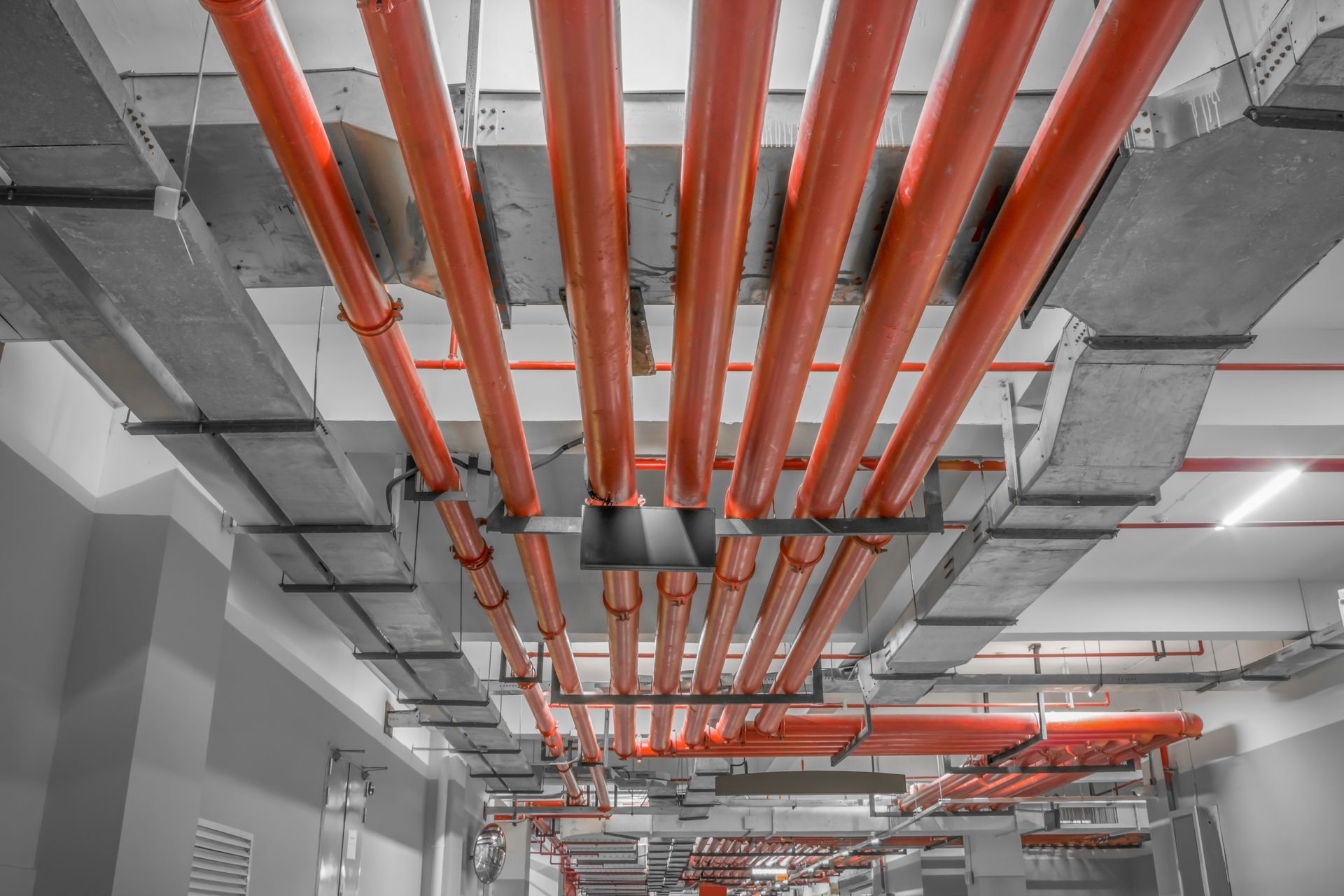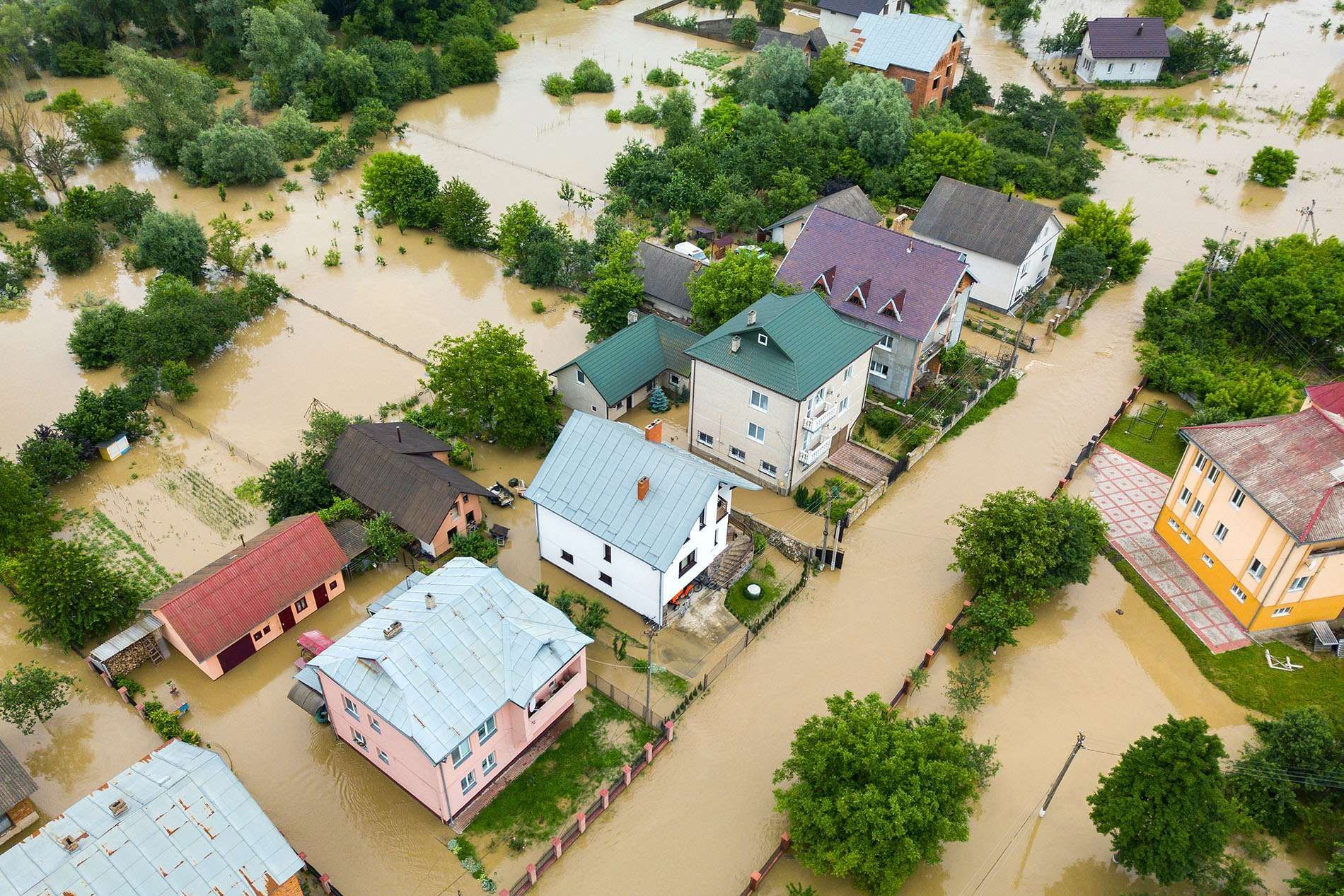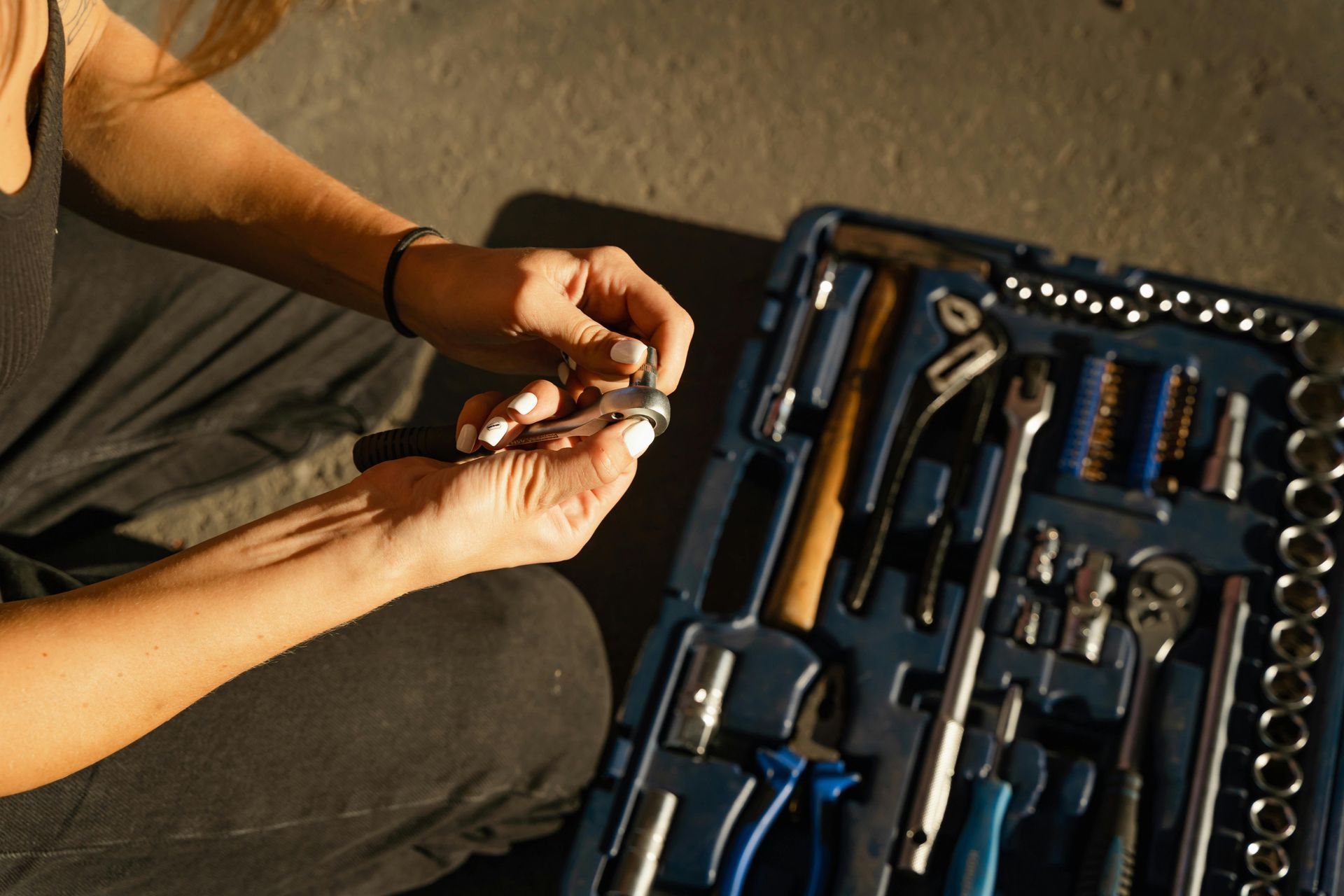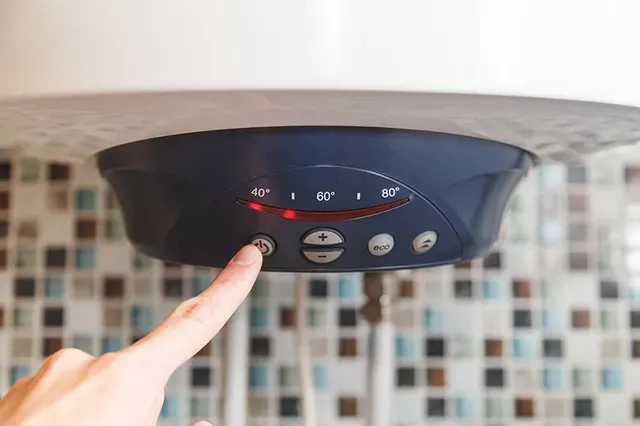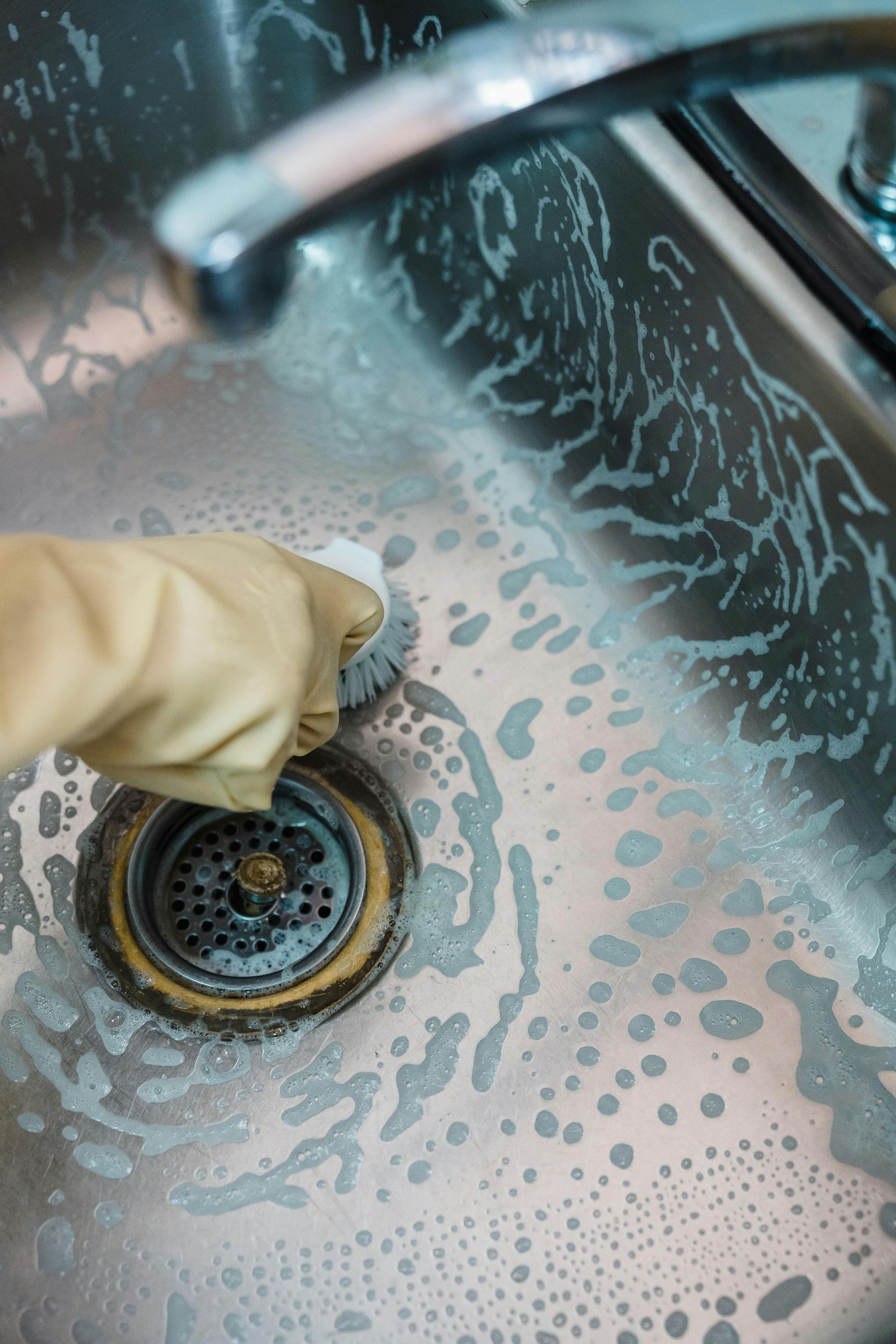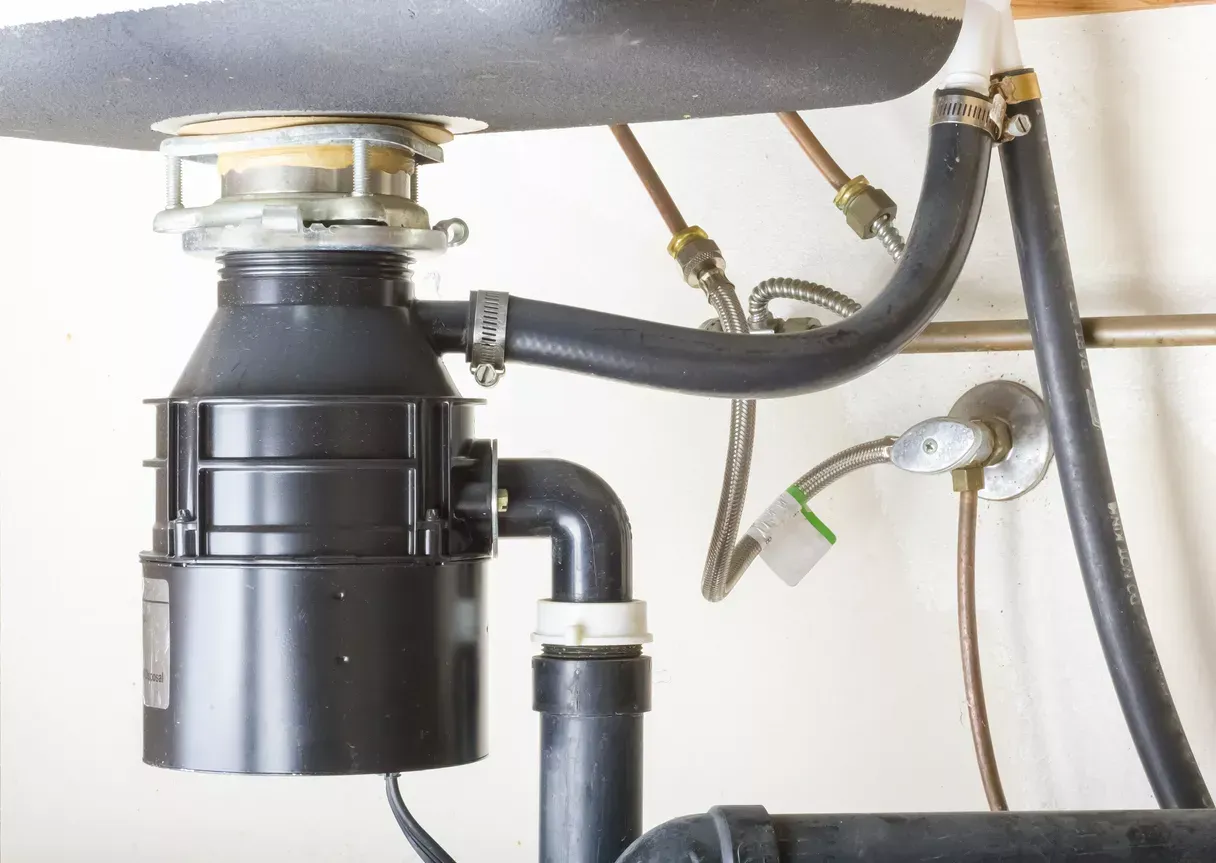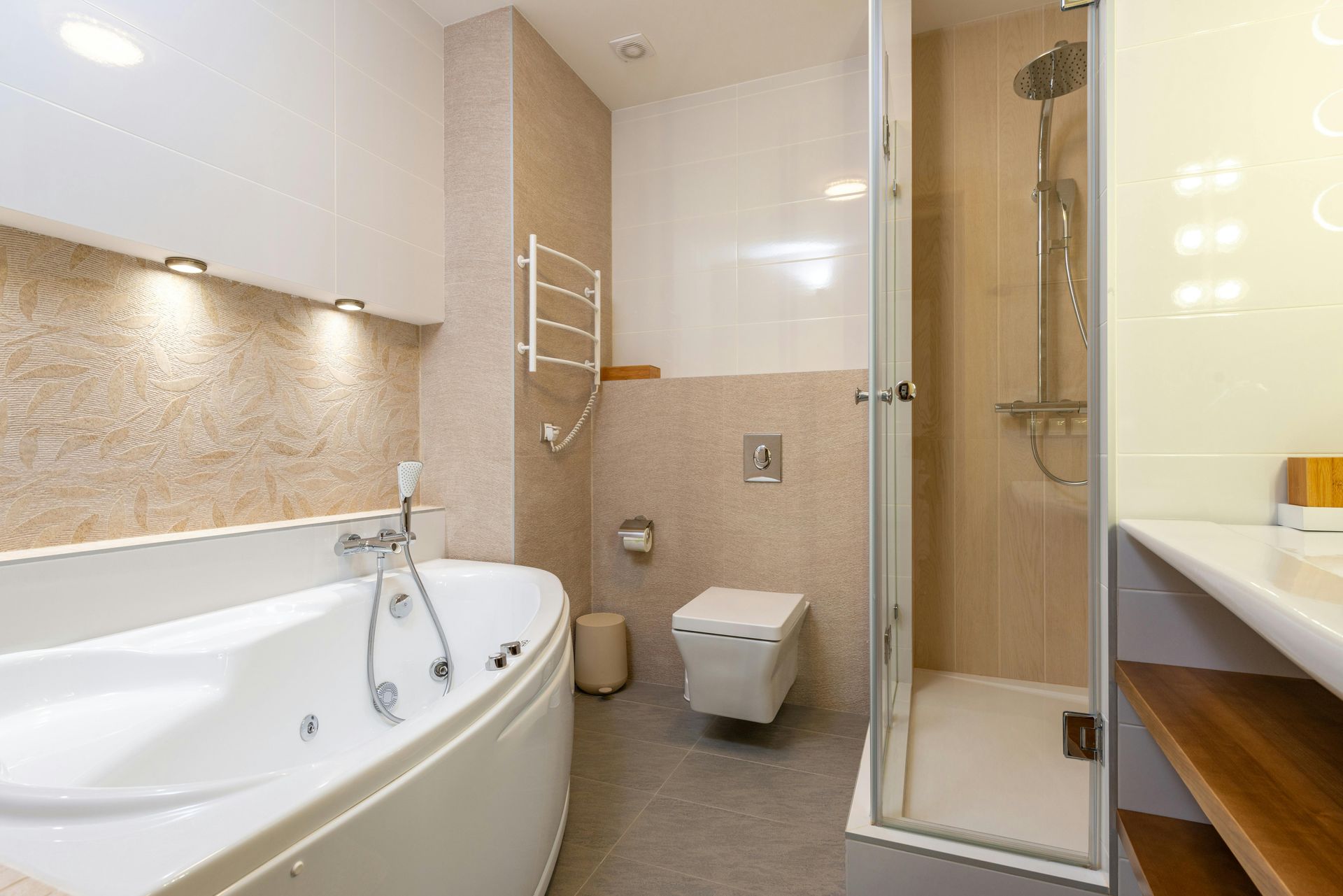Signs You Need Waterline Repair or Replacement
When it comes to maintaining your home’s plumbing, the waterline is one of the most critical systems. It’s easy to overlook the main waterline because it’s hidden underground, but when problems occur, they can lead to significant damage, skyrocketing water bills, and inconvenience. In this in-depth guide, we’ll explore the key signs that indicate you may need waterline repair or replacement, backed by data, expert opinions, and practical advice to ensure you avoid costly mishaps.
The Best Time to Replace Your Water Heater
Common Signs You Need Waterline Repair or Replacement
1. Unexplained Increase in Water Bills
One of the first signs of a waterline problem is a sudden spike in your water bill without an increase in water usage. If there’s no visible leak inside your home, the culprit could be a break or leak in your main waterline. Even small leaks can lead to hundreds of gallons of wasted water, causing bills to skyrocket.
Expert Tip: According to the U.S. Environmental Protection Agency (EPA), household leaks can waste nearly 10,000 gallons of water annually. Fixing these leaks promptly can save homeowners about 10% on their water bills.
2. Discolored or Murky Water
If your tap water appears brown, rusty, or murky, it's a red flag for potential waterline corrosion or sediment buildup. This is especially concerning because corroded pipes can introduce harmful materials into your water supply, posing health risks.
Health Risks: According to plumbing experts, prolonged consumption of water contaminated by corroded pipes can lead to issues such as gastrointestinal problems and elevated levels of harmful substances like lead.
3. Persistent Water Puddles in Your Yard
While it’s normal for lawns to become damp after rainfall, unexpected pools of water or wet spots on your lawn could be an indicator of an underground waterline leak. In many cases, these leaks will show up in low spots in your yard.
Pro Tip: Waterlines can break due to shifting soil, tree roots, or old age. If you see wet patches, especially during dry weather, it’s time to investigate further.
4. Low Water Pressure Throughout the House
A sudden drop in water pressure can be a symptom of an underlying waterline issue. If all the faucets and appliances in your home experience low pressure simultaneously, it may be due to a significant leak or blockage in the waterline.
Fact: Aging waterlines are more prone to mineral buildup and blockages that limit the flow of water, reducing pressure in your home.
5. Noisy Pipes or Water Hammers
Hearing strange noises, such as banging or clanging, when you turn on your taps? These sounds, known as water hammers, often occur due to issues in the waterline, such as air trapped in the pipes or pressure changes caused by leaks.
Expert Insight: Noisy pipes shouldn’t be ignored as they can indicate waterline instability or impending failure.
6. Visible Corrosion or Cracks in Pipes
If you have access to a portion of your waterline and notice corrosion, rust, or visible cracks, it’s a clear indication that the pipe is deteriorating. Corrosion weakens pipes, making them susceptible to leaks and bursts.
7. Mold Growth or Strange Odors
If you begin to notice mold growth around your walls or basement or if there’s a persistent damp or musty odor, it could indicate a hidden water leak. Leaks from damaged waterlines often promote mold growth, which can lead to respiratory issues and structural damage.
Risks of Ignoring Waterline Issues
Ignoring the signs of a damaged or leaking waterline can lead to severe consequences, including:
- Water damage to your home’s foundation
- Mold growth, which can cause health problems
- Structural damage to walls and floors
- Increased water bills due to wasted water
- Higher repair costs if the issue worsens over time
What Plumbing Experts Say
Many plumbing professionals agree that waterline problems should be addressed as soon as signs appear. According to John Martin, a certified master plumber with over 25 years of experience, “Ignoring small leaks or issues can turn a minor repair into a full-blown waterline replacement. Proactive maintenance is the best way to avoid costly damage.
When to Repair and When to Replace a Waterline
It’s important to differentiate between when a simple repair is sufficient and when a full replacement is necessary.
- Repair: Small leaks or localized damage, especially in newer pipes, may only require a simple repair.
- Replacement: If the waterline is old (typically 40+ years), has frequent leaks, or is made from outdated materials like lead or galvanized steel, replacement is often the best long-term solution.
Best Materials for Waterline Replacement
When replacing a waterline, choosing the right material is crucial for ensuring durability and long-term performance. The top materials recommended by experts include:
- Copper – Known for its longevity and resistance to corrosion, copper has been a trusted material for decades.
- PEX (Cross-linked Polyethylene) – A modern, flexible, and cost-effective solution that’s resistant to freezing and bursting.
- HDPE (High-Density Polyethylene) – A durable, eco-friendly option that’s gaining popularity for underground waterlines due to its resistance to corrosion and root intrusion.
The Cost of Waterline Repair or Replacement
The cost of waterline repairs or replacements can vary based on several factors, such as the location of the damage, the type of materials used, and labor costs in your area. On average:
- Waterline repairs range from $950, depending on the severity of the issue.
- Waterline replacement can cost between $350 and $1,575., with larger jobs potentially exceeding these figures.
Tip: Always consult a licensed plumber to assess the specific needs of your situation and provide an accurate estimate.
FAQs
How much does it cost to put in a waterline?
The cost of installing a new waterline can range from $350 and $1,575 depending on the length of the line, the materials used, and local labor rates.
Should I replace my main waterline?
If your waterline is over 40 years old, frequently leaks, or shows signs of corrosion, it’s often more cost-effective in the long run to replace it rather than repair it repeatedly.
What is the best material to replace a main waterline?
The best materials for waterline replacement are copper, PEX, and HDPE. Each has its benefits, but copper is the gold standard for durability, while PEX and HDPE are more affordable options that are resistant to freezing.
How long does a waterline last?
A well-installed waterline can last between 40 to 100 years, depending on the material. Copper pipes tend to last longer, whereas PEX and HDPE have a slightly shorter lifespan but offer excellent durability.
Conclusion
Recognizing the early signs of waterline damage is crucial for preventing costly repairs and preserving the integrity of your home. By addressing issues like leaks, low water pressure, and strange noises, you can avoid more serious problems down the line. If you're unsure about the condition of your waterline, it’s always best to consult a plumbing expert to evaluate whether a repair or replacement is necessary.
Take Action Today: Don’t wait until a minor waterline issue turns into a major headache. Regularly inspect your waterline and be proactive in scheduling repairs or replacements when needed.


